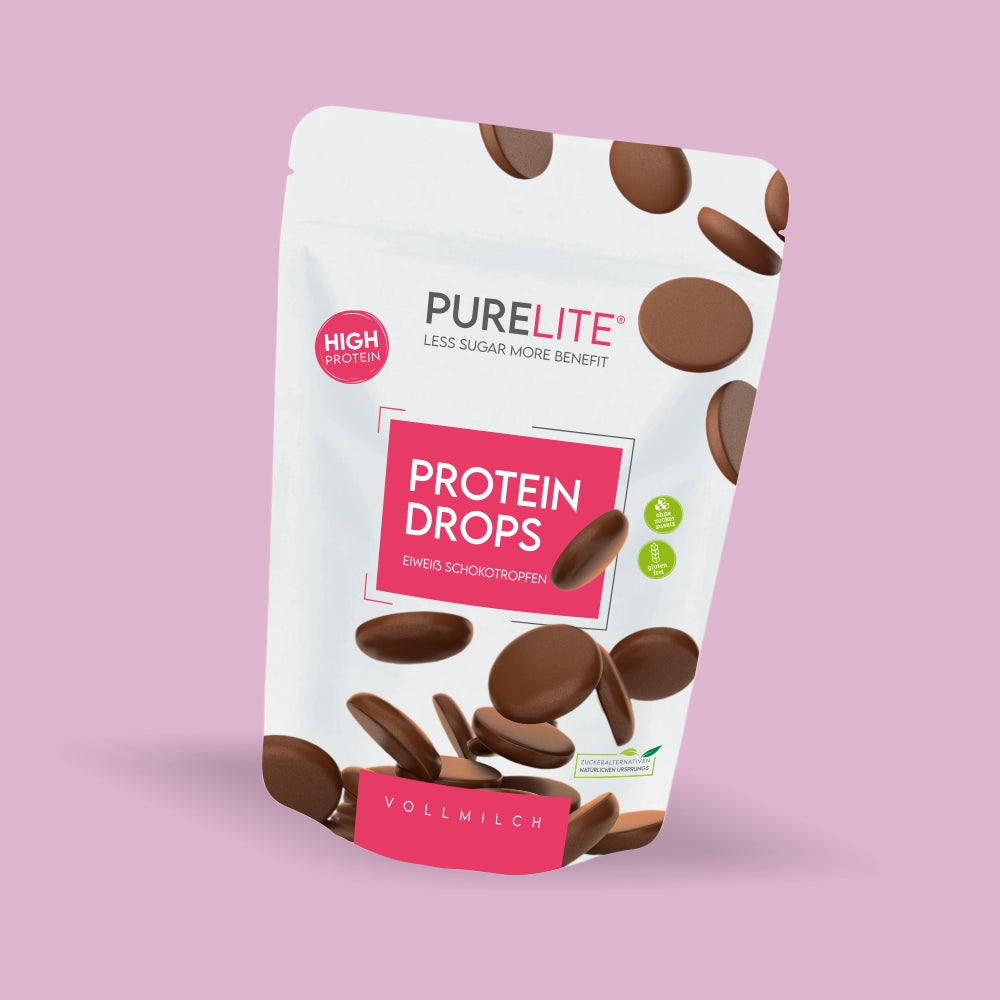
Magnesium is a true wonder mineral that plays an important role in our health in many ways. From energy production to muscle function to bone health and beyond, magnesium is essential. By focusing on a balanced diet rich in magnesium-rich foods and ensuring appropriate supplementation when necessary, we can help promote our health and well-being.
Health benefits of magnesium
Heart health: Magnesium plays a role in regulating heart rhythm and maintaining healthy blood pressure. It helps relax blood vessels and may therefore reduce the risk of heart disease.
Muscle relaxation: Magnesium is essential for muscle relaxation. A magnesium deficiency can lead to muscle cramps, tension and even muscle twitching.
Energy production: This mineral is involved in the conversion of food into energy. It contributes to the activation of enzymes necessary for the metabolism of carbohydrates and fats.
Nervous system: Magnesium has a calming effect on the nervous system and can help reduce stress and anxiety. Magnesium activates and enhances certain neurotransmitters that transmit information between the brain and the nervous system (GABA).
Bone health: Magnesium, in combination with calcium and vitamin D, is important for maintaining strong bones. It promotes the absorption of calcium into the bones and can therefore reduce the risk of osteoporosis.
Reduces fatigue: Taking magnesium can counteract fatigue
Magnesium deficiency - causes and effects
Despite its crucial role in health, magnesium deficiency is widespread, with almost one in two of us suffering from a deficiency that often goes undetected. Our modern eating habits and consumption of processed foods can be cited as a cause here. A lack of magnesium can cause a variety of symptoms, including fatigue, muscle cramps, heart rhythm disorders, sleep disorders and anxiety.
Sources of magnesium
Fortunately, there are many foods rich in magnesium. The best sources include green leafy vegetables such as spinach and kale, nuts and seeds (especially almonds and sunflower seeds), whole grains, legumes, avocado, and bananas.
Supplementation
In some cases, it can be difficult to get enough magnesium from diet alone. In such cases, supplementation is advisable. You should make sure that you take magnesium in the form of magnesium citrate, as this can be better metabolized and absorbed by the body.




